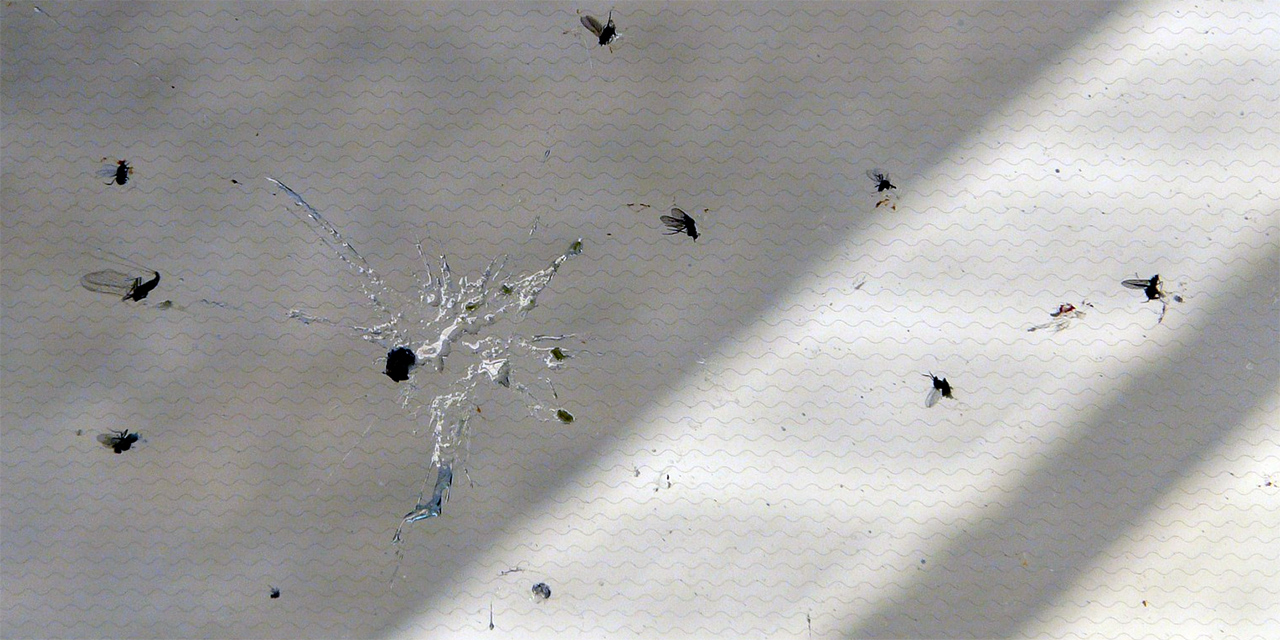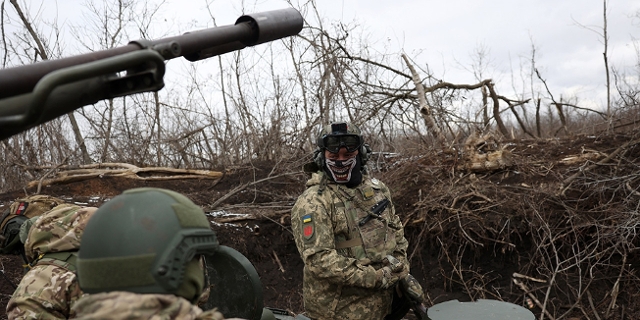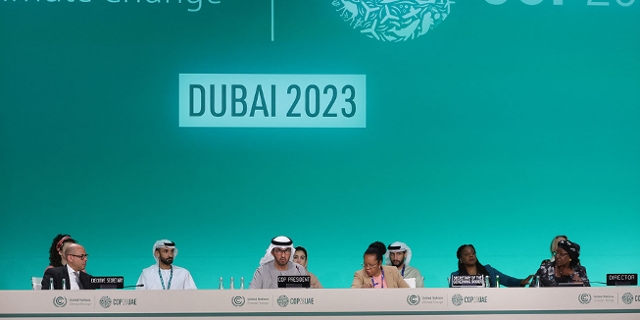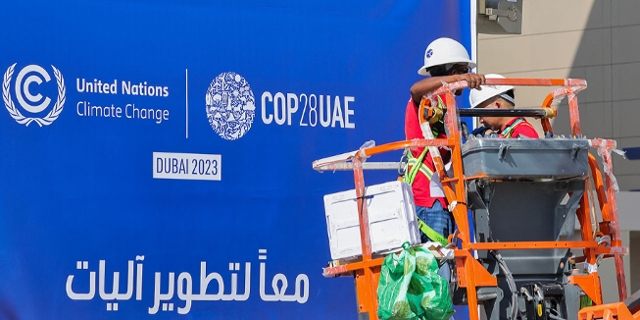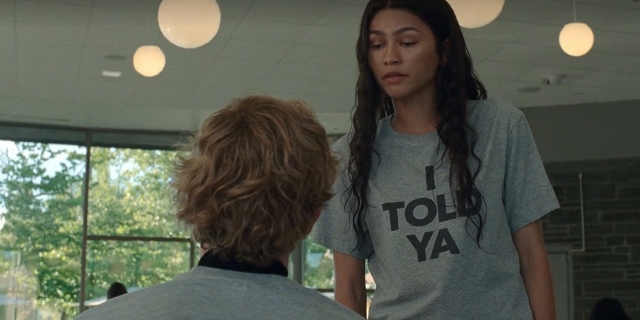The „Splatometer“ Shock
Does anyone else have the feeling that on childhood family drives in summer, more insects used to end up stuck to the windscreen? After long drives in the back seat of my dad’s car, I remember the glass as a gory mess that horrified and delighted my little boy’s sensibilities. As I got a bit older and roamed the narrow summer lanes on a bike, wearing a yellow T-shirt and dreaming of the Tour de France, the yellow T-shirt I habitually wore would soon be awash with bugs.
I feel nostalgic about that now, which might sound strange. But worrying new data about splattered bugs suggests that there is a massive decline in insect life; and this could herald an ecological apocalypse. “Insects are fundamental to food webs and to life on this planet”, explains Paul Tinsley-Marshall of the Kent Wildlife Trust.
An Alarming Decline
Tinsley-Marshall has taken part in a survey of insect life in Kent - a rural area of south-eastern Britain dubbed “the Garden of England” for its fecundity. He and his fellow researchers have been placing a grid they called a “splatometer” over car registration plates to count the number of insects killed.
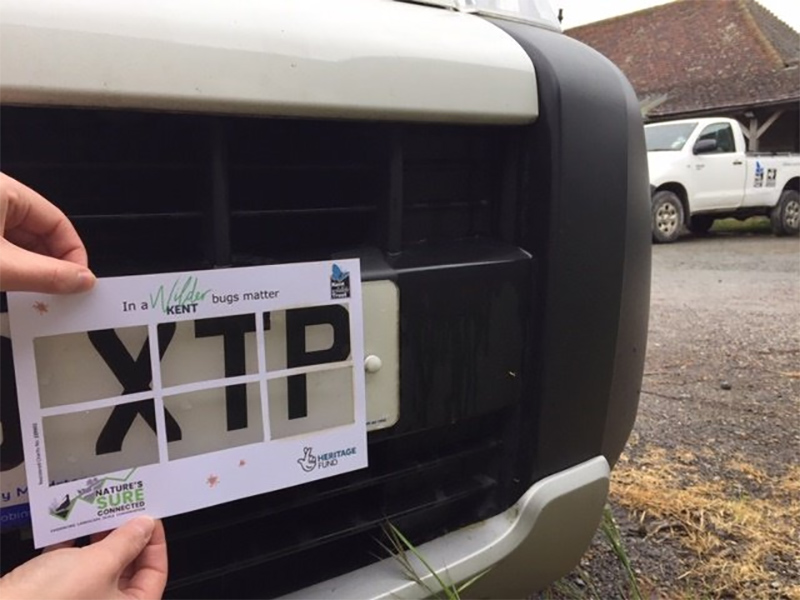
Kent Wildlife Trust
Volunteers made 700 car journeys between June to August 2019 and have just published the count, which revealed 50% fewer splattered bugs than during the last count in 2004. This mirrored a similar study in northern Denmark which indicated an 80% decline over the past 20 years.
The researchers even factored in changes in the design of cars but ascertained although modern cars are more effective at squashing insects, there were still many fewer insects in the count.
A Catastrophe On Our Doorsteps
We are less likely to shed a tear for the decimated populations of airborne bugs than we are when we hear about the decline or African elephants or orangutans but Tinsley-Marshall describes the findings as “catastrophic”, particularly as they are mirrored across the world from the Austrian outback to the Great Plains of the USA.
“Think about the fact that around three quarters of the crops that we eat are pollinated by insects,” insists Tinsley-Marshall. “There are parts of the world where farmers are having to hand-pollinate their crops because there aren’t enough of the bees and the other insects left to pollinate them.” If you feel emotionally indifferent to the fate of insects, he suggests, then start to think about a world without tomatoes.
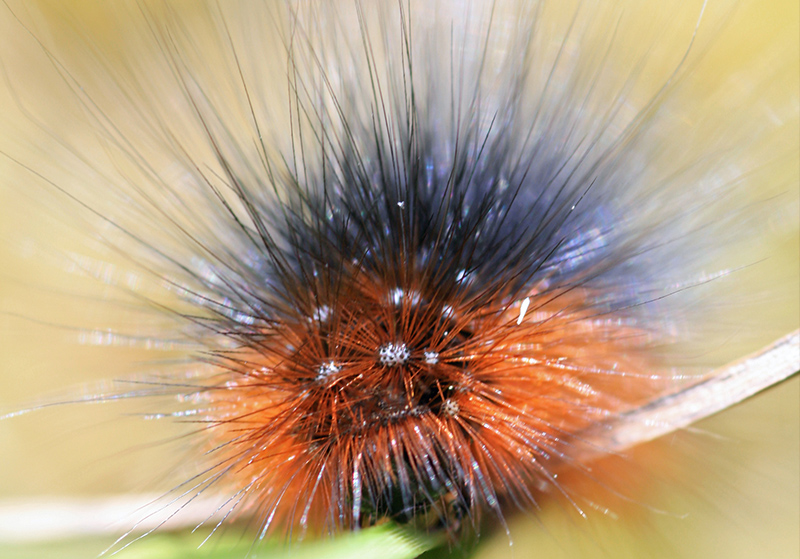
Vicky Nall
Tiger Moth
Obliterated by Pesticides
Yet it has been our desire for ever more tomatoes, and ever more cheap food products in general, that have helped fuel this decline, with increasing amounts of pesticides being used. The pollinating insects that we rely on are dying as a form of collateral damage.
“I don’t think that we can all of a sudden stop using pesticides but what we can do is start asking people very carefully whether they need to keep using them as much as they do,” says Tinsley-Marshall. “In a lot of countries, it is standard practice to use pesticides regardless of whether they are needed or not. With smarter thinking and only applying them when they are actually needed we can greatly reduce their usage.”
More Wilderness, Less Concrete
The second big issue is habitat, he says. That would mean restoring wild areas where insects can thrive and multiply and making sure that these wild areas are joined up with corridors to avoid “fragmentation.”
The lessons of this are probably more apparent to kindergarten kids, enthusiasts of ponds and biotopes, than stressed and screen-addicted adults. Insects need wetlands, they need ponds, they need less concrete. And we need them.
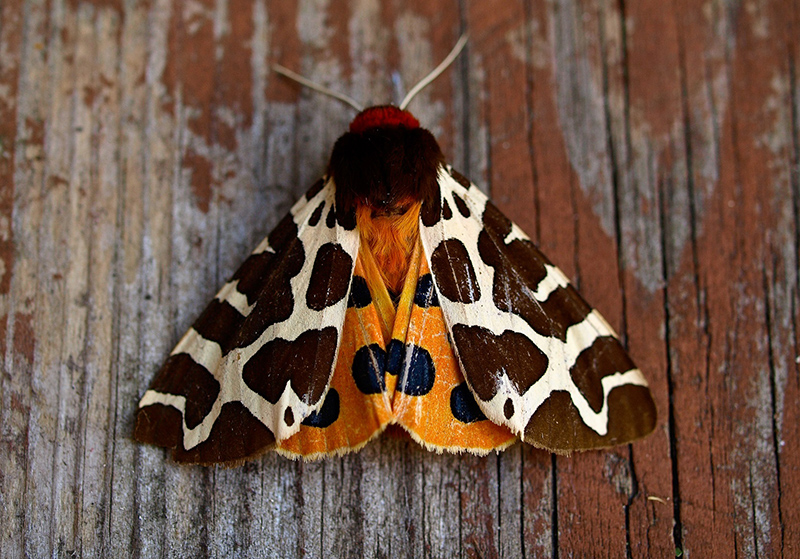
Paul Tinsley-Marshall
Tiger Moth
Everyone Can Help
But as well as large-scale conservation and restoration projects, small measures can also have a big impact, says Tinsley-Marshall. If you don’t have room to dig a pond in your garden, a filled washing bowl on your balcony can provide space for a surprising amount of life. And on the roadside verges, the grass at the side of the asphalt, it can make a huge difference if the grass is allowed to grow long and wild-flowers are given space to flourish and provide a haven for insect-life. In short: leave that lawnmower in the shed.
“We need to make more space and provide the natural resources for insects at the environment in general to thrive,” says Tinsley-Marshall. “And that is really for the benefit of society. That’s not just about the wildlife; it is also about human life and our well-being.”
Publiziert am 14.02.2020







